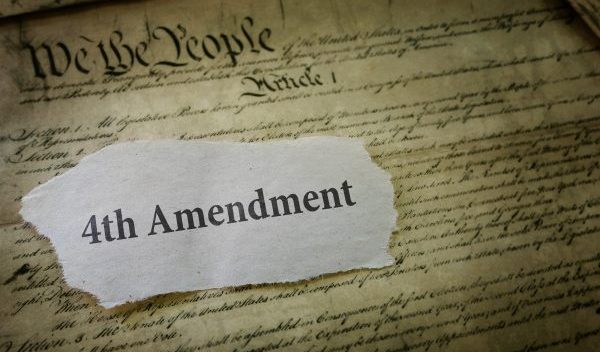Being served, or worse, surprised by a warrant is not a pleasurable experience. Whether you are a hardened, street-smart convict or a first-time offender, the discovery of a warrant will most certainly invoke some relevant questions. If you are facing a bench warrant, arrest warrant, or search-and-seizure warrant, it is wise to educate yourself as much as possible before you mistakenly make your legal matters worse.
Scroll down to review some frequently asked questions about warrants, including what your first steps should be after learning of one for yourself for a loved one.

FAQS About Warrants
What is an Arrest Warrant?
There are two main types of warrants: arrest warrants and bench warrants. An arrest warrant is an official order made by a judge and handed over to law enforcement demanding the immediate arrest of the defendant named in the document. A bench warrant is less serious as it does not require your arrest. Instead, bench warrants request your attendance on the “judge’s bench” for the purpose of handling certain legal matters. These are commonly used in divorce proceedings, custody hearings, and for witness testimony.
Do I Have to Go to Jail For a Bench Warrant?
No, you are not required to surrender to the jail for a bench warrant. Instead, follow the instructions on the documents sent to you. There should be information on when you are requested to appear in court or mediation. If you do not cooperate with the bench warrant, you could face civil or legal penalties, like fines.
How are Arrest Warrants Served?
There are several ways an arrest warrant can be satisfied or served. In many cases, the defendant named in the warrant will have a run-in with police, and when the police draw up their records, they will see the warrant and arrest the individual on the spot. This can happen during a routine traffic stop, even if the cop is just warning you about a burnt out taillight.
Other times, law enforcement will make a house visit or show up at the defendant’s last known place of employment. There, they will serve the defendant and apprehend them on the spot. Sometimes, police will allow a cooperative individual to simply follow them to the station for a surrender, rather than being cuffed and escorted in the police car.
What Should I Do if I Think I Have a Warrant Out for My Arrest?
You can use a free, online database to search for arrest warrant records. Simply type in your name and date of birth to see if there is an active warrant in your name. It should be able to provide state-wide results, showing warrants in all counties you are wanted in. You can also contact a local bail bondsman or criminal defense attorney for professional warrant lookup assistance. These tend to be the most reliable sources for warrant information. You could also call the Department of Motor Vehicles or courthouse directly.
How Do I Surrender to an Arrest Warrant?
If you have a warrant out for your arrest, it is vital that you turn yourself into authorities at the local police station in the county denoted on your warrant document. If you fail to surrender to an arrest warrant, you will be considered a fugitive of the law. It is recommended to contact the jail beforehand to get detailed instructions on where to park, where to enter the building, what to bring, and so on. In most cases, you can get in and out in a couple of hours.
Do I Need a Lawyer for an Arrest Warrant?
Although it is not required by law, it is strongly encouraged to hire an Indianapolis criminal defense attorney to help you during and after your arrest warrant surrender. They will ensure that you are not held in jail longer than you need to be, plus they can begin working on your defense to reduce your charges and subsequent penalties.
What Makes a Search Warrant Valid?
All search warrants must be filed in good faith by a law enforcement officer, and they must include reliable evidence that shows probable cause to search a premises. Aside from this fundamental requirement, a valid search warrant will have 3 specific elements: a magistrate’s signature, a description of the premises to be searched, and a description of the items to be seized.
Can I Refuse a Search and Seizure if Police Have a Warrant?
There are several intricacies involved with an officer’s right to perform legal searches without warrants, so you may be confused on whether or not your 4th Amendment right applies. In fact, a person can potentially be arrested and held in custody for resisting a search. If you believe you were unfairly searched, you can always file a claim afterwards that alleges a violation of your rights.
Are you looking for legal assistance regarding arrest warrants and similar criminal matters in Indiana? Contact the Law Office of David E. Lewis at 317-636-7514 for skilled criminal defense for arrest warrants in Indianapolis. We represent juveniles and adults all throughout the state of Indiana.
Related Posts:
The Best Advice on Managing an Arrest Warrant
Can I Go to Jail for Criminal Contempt?
What Happens if I Do Not Show Up For My Court Date?





